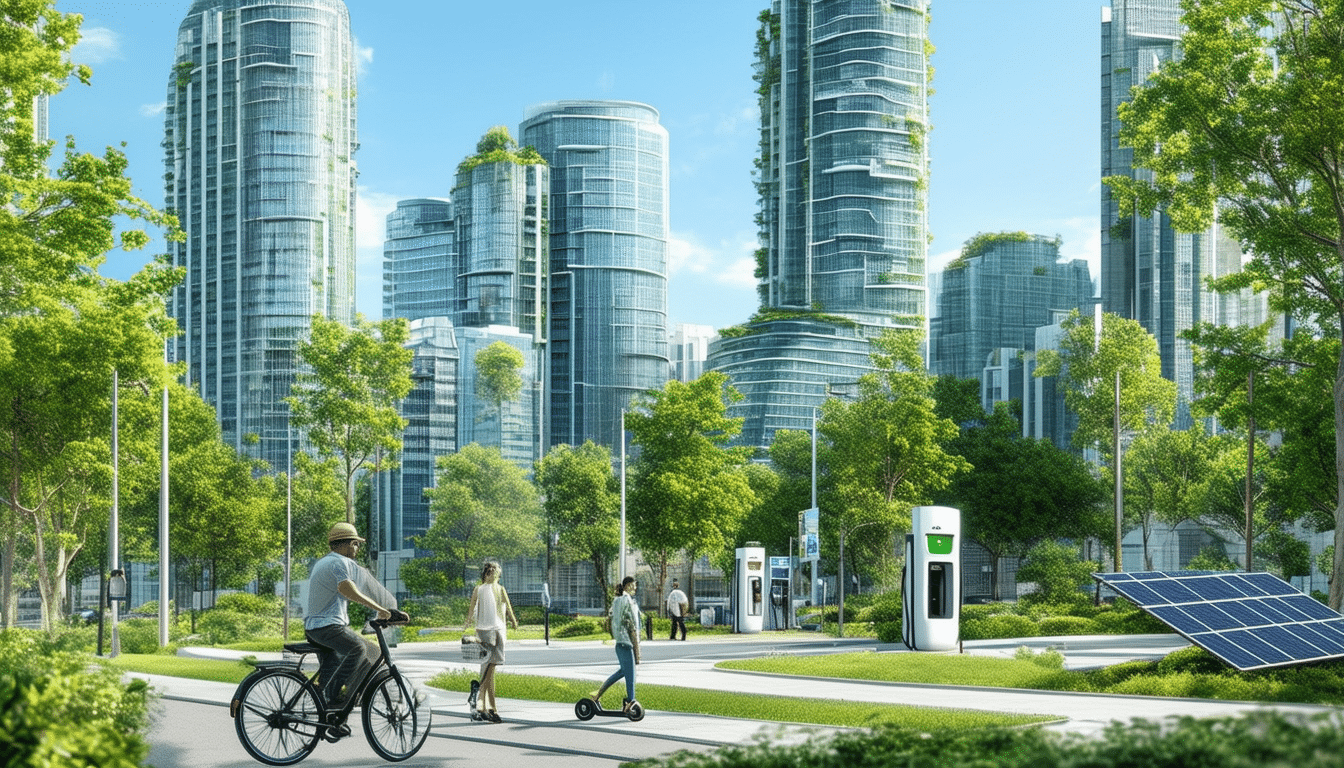Reducción de gasto en combustible: sustainable strategies

The fuel expenditure has become a crucial topic today, not only due to its economic impact but also because of the environmental implications it entails. Adopting sustainable strategies to reduce fuel consumption is essential for promoting more responsible and ecological mobility. Through a series of practical actions, it is possible to optimize engine performance and contribute to a healthier environment while reducing transportation-related costs.
The continuous rise in fuel prices has made reducing fuel expenses a priority for both individual drivers and companies. Through a series of sustainable strategies, it is possible to optimize consumption and make more efficient use of resources, benefiting both the wallet and the environment. Below are some ways to achieve significant savings in fuel usage.
Efficient and Light Driving
The way a vehicle is driven has a direct impact on fuel consumption. Adopting a smoother driving style, avoiding sudden accelerations and braking, can contribute significantly to savings. Additionally, lightening the load of the vehicle is fundamental. The lighter the vehicle, the greater its fuel efficiency. Therefore, it is advisable not to transport unnecessary items that may increase the weight.
Regular Vehicle Maintenance
The proper maintenance of vehicles is crucial to ensure optimal performance. Regularly checking the brake system, wheel alignment, and maintaining the proper tire pressure are essential practices. A well-maintained vehicle not only consumes less fuel but also reduces the risk of breakdowns.
Route Planning
Route planning is another effective strategy. Using navigation apps that analyze traffic and suggest the most efficient route can help avoid congestion and reduce time on the road. This not only decreases fuel expenditure but also contributes to minimizing emissions of harmful gases.
Promotion of Telecommuting
In the current context, promoting telecommuting can be an excellent way to reduce fuel expenses. Allowing employees to work from home significantly decreases commuting, leading to direct savings in fuel and a smaller carbon footprint.
Use of Alternative Fuels
The transition to alternative fuels, such as natural gas or biofuels, represents a viable option for both motorists and commercial fleets. These fuels can reduce operating costs and gas emissions, contributing to a more sustainable future. The adoption of alternative fuel technologies is a crucial step towards ecological mobility.
Driving Training Programs
Implementing efficient driving training programs for company drivers or anyone interested can result in considerable long-term savings. These trainings focus on techniques that help maximize fuel performance, which can lead to significant cost reductions.
Technological Innovations
Staying informed about the latest technological innovations in the automotive field is also essential. For example, new hybrid and electric engines offer great efficiency and are becoming increasingly accessible. Interest in these vehicles has grown, as they provide an effective alternative for those looking to minimize fuel consumption and their environmental impact.
With the combination of these strategies, individuals and companies can not only reduce their fuel expenses but also contribute to a more sustainable future. For more information about the future of automotive ecology, you can consult this article that delves into innovative solutions.
Additionally, one can explore the launch of new hybrid engines, such as Dacia’s engine in the Bigster, which promises to be a decisive factor in the diesel era; for more details, visit this link. Finally, the automotive industry is constantly exploring alternatives to combustion, as mentioned in this analysis.
The advancement and adoption of sustainable technologies in the vehicle sector will not only benefit consumers but will define how we move in the future.
The reduction of fuel expenditure has become an essential priority in the current context of climate change and rising costs. Adopting sustainable strategies not only allows individuals and companies to save money but also contributes to environmental protection and reducing harmful gas emissions. Implementing more responsible and efficient practices in fuel use is a key step towards a greener future.
One of the main ways to achieve energy savings is by optimizing the load in vehicles. Transporting only what is necessary and avoiding overloads can significantly improve fuel consumption efficiency. Additionally, adopting a smoother driving style, avoiding sudden accelerations and abrupt stops, can also make a difference in fuel expenditure.
Route planning is another vital strategy. Navigation apps that help avoid traffic jams and find the shortest path not only save time but also contribute to less fuel usage. Furthermore, regular maintenance of vehicles ensures they are operating optimally, which in turn promotes efficient resource use.
Finally, considering the use of alternative fuels and more sustainable vehicle designs is another formidable direction. As we move towards a future with cleaner mobility options, the commitment to practices that favor the reduction of fuel consumption is imperative. Implementing these actions not only has immediate economic benefits but is also part of a broader movement towards sustainability and environmental responsibility in our societies.





